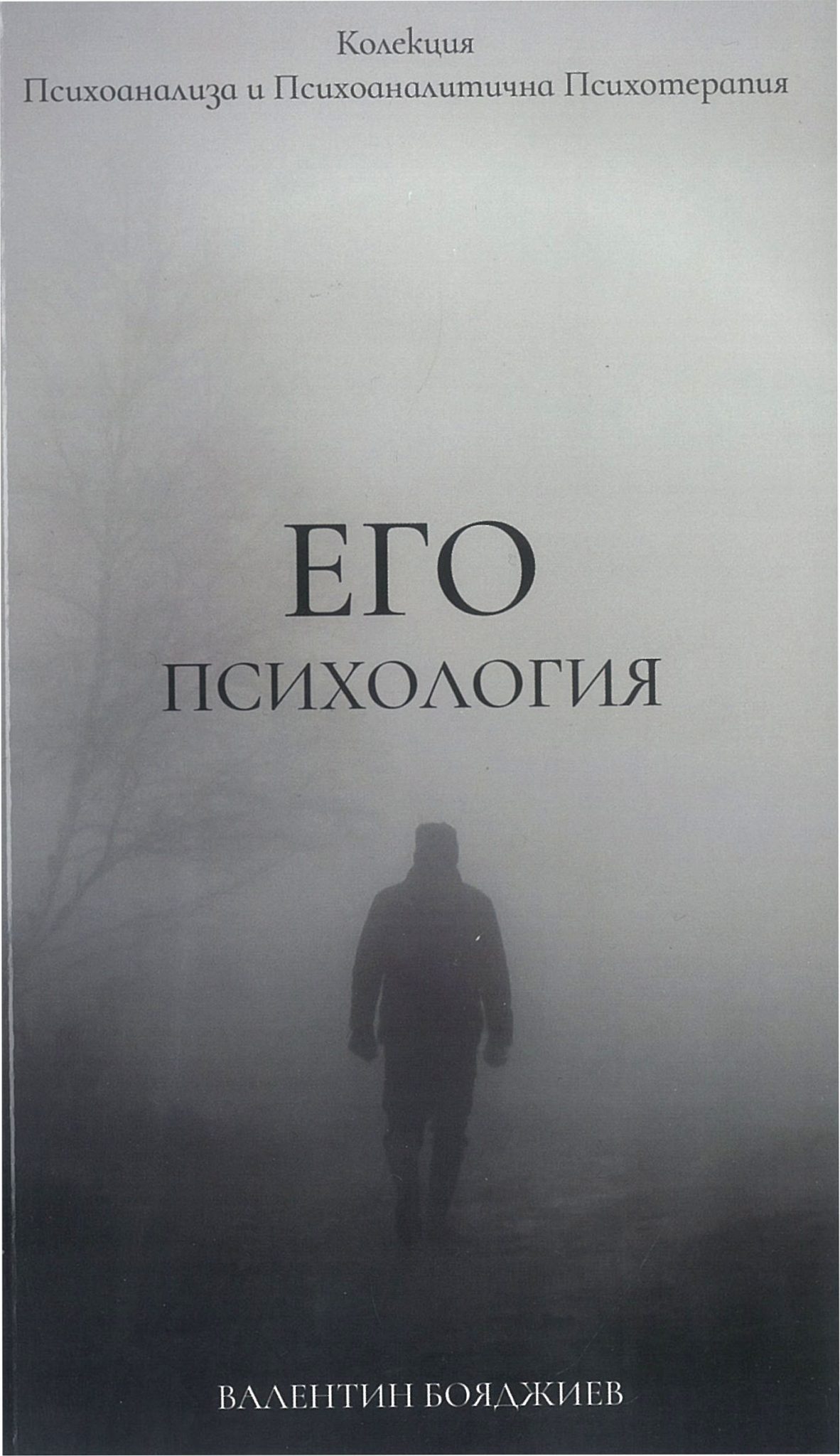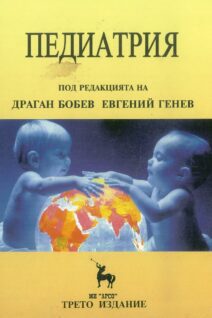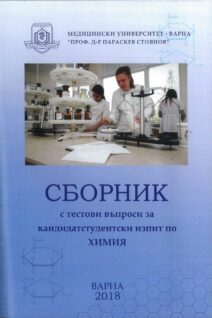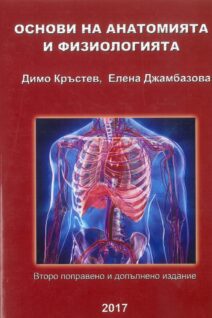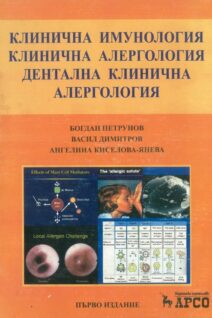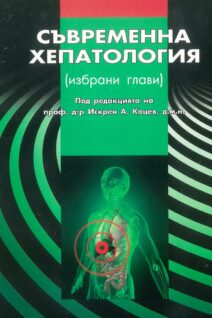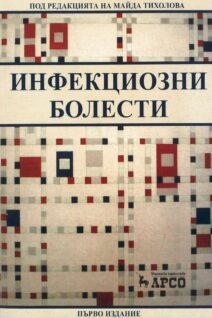EGO psychology
Summary
In this book we will trace the theoretical and conceptual changes; which have shaped our modern understanding of the Ego as a metapsychological construct and as a mental system. The book is divided into three parts. We will start with the classical theoretical ones basics, laid down by Sigmund Freud; then we will review the contribution of his daughter Anna Freud on the importance of recognizing and understanding the dynamics of the Ego's defenses and conclude with the contribution of Heinz Hartmann, who places at the center the recognition of the Ego as an adaptation system.
EGO psychology
While some writings on the subject of ego psychology may include the works of Erikson, Spitz, Bowlby, Mahler, or Kohut (Blanck & Blanck, 1974), I have chosen not to include them in this discussion. There is no doubt that each of these individuals has made significant contributions to the theory of psychoanalytic development, but their focus is somewhat different from that of Ego development. Erikson's work, for example, is best understood in the context of identity formation. Recognizing that identity is closely tied to the Ego; it is better served in a discussion of character formation, child and adolescent development, and interpersonal relationships.
EGO psychology
Spitz, Bowlby and Mahler offer valuable insight into the differentiation and development of self-a in the context of the object (the other) - discussion; which I think is better seen in the context of object relations theory. Finally, Kohut presents a reconceptualization of self-a as an independent metapsychological structure and a relatively independent course of development. This view is better understood in the context of personality theories and modern psychoanalytic theory.
About the author
Valentin Boyadzhiev is a licensed psychologist, psychoanalyst and author. He graduated with a degree in "Psychology and Developmental Psychopathology"; acquired the professional qualification "Teacher of Psychology" and the post-graduate professional qualification "Psychological counseling for psychosomatics and disorders of social adaptation". Completed specialization in psychoanalytic psychotherapy in California; USA and underwent psychoanalytic training in Manchester, England. He also graduated in a psychoanalytic program in dream analysis and psychotherapy.
About the author
In 2021 undergoes further psychoanalytic training in Birmingham, England. He is a member of the Association "Bulgarian Psychoanalytic Space", "International Society of Applied Psychoanalysis", "International Alliance of Holistic Therapists" and "National UK Therapists Register". Since 2017 works as a school psychologist, and in his private practice he works in the following areas: psychological counseling, psychoanalytic psychotherapy and psychoanalysis. Conducts lectures, seminars and trainings.
Author of books and scientific publications such as "Countertransference as a tool for more subtle and precise diagnosis of the patient's mental structure in the analytic; clinical and psychotherapeutic practice", "Transference and countertransference in the psychoanalytic; the clinical and psychotherapeutic process'; "Defense Mechanisms in the Psychoanalytic, Psychotherapeutic, and Clinical Process." His first monograph in Bulgarian was published in 2020. under the name "Classical Psychoanalysis"; which is part of the collection "Psychoanalysis and Psychoanalytic Psychotherapy".


